Q1. You are regarded as a ‘Growth & Renewal’ expert with over a decade of experience in executive coaching. How would you describe your coaching style and approach in the current environment where leaders are faced with unprecedented disruptive threats and rapidly changing business landscapes?
Deep: I coach CEOs and senior leaders – from ones who are just getting started as entrepreneurs to ones who have had a great run but are now looking to pivot and transform their organisations. My coachees allow me in their world and we co-actively map core areas of their life which fuel the inner fire including financial, Social, Knowledge, Health and Spiritual. We first get an accurate sense of where they are and juxtapose it with where they want to be. This is the energy building stage of the coaching journey.
Following which my unique reflective inquiry process with its foundation in neuroscience and “Whole Brain thinking” helps uncover their hopes, concerns, fears, core beliefs, and worldview. I also use a powerful method to ascertain the client’s “Best self” (moments when people are at their best) and anchor those states to create remarkable opportunities which earlier could be unimaginable.
For CEOs, Entrepreneurs and professionals I administer some of the most validated formal instruments that focus on:
In addition, current VUCA environment demands leaders and CEOs to be even more resilient with situations demanding a much stronger ability to get in the zone, innovate, regulate oneself, network, build relationships, create superior opportunities and open up to the world.
Mine is a phase approach. Explore what’s happening in the client’s situation followed by examining priorities and what really matters and lastly action which includes experimenting, reflections and celebration.
Q2. What can CEOs expect from a coaching journey with you? How is it different from other types of coaching?
In coaching, we usually make a distinction in the scope i.e. Transformational coaching, big ‘C’ and Transitional coaching, small ‘c’. Big C is for those seeking to pivot their life or business and have huge aspirations of their time on earth. Most of the CEOs and young entrepreneurs I work with are high achievers and have audacious goals, with a drive to live a rich and meaningful life. In executive coaching big ‘C’ is mostly relates to transitioning into larger roles and responsibilities, heading a new business, on-boarding a new organization, creating a significant impact in the current role and/or .transforming business. Small ‘c’ is a common approach taken by big corporations, which look to sponsor coaching for capability development of leaders including competencies and behavioural changes.
Metaphorically speaking, I could play the role of catalyst for growth, a mirror who brings many angles-many views, a sounding board for decision making and strategy, confidante and an expert in many areas. I integrate in my coaching an ontological approach and bring esoteric dimensions as well; CEOs and entrepreneurs come with great expectations and even greater goals and outcomes. My clients can expect to map out every area of their life which they want to impact, co-actively define the path to achieve desired outcomes, take conscious action, learn through enriching conversations and cutting-edge neuroscience based techniques to influence, make superior decisions and impact multiple stakeholders including investors, board, employees and customers.
Session by session, week by week, month on month creates powerful positive vibrations and clients start to enjoy their businesses and inspire people with their energy. They view the world with a new paradigm and enhance their ability to respond to a situations more effectively
A typical coaching journey could last between 10 to 12 months. The initial stages can involve at least one weekly session to gather momentum, but the frequency lessens over time. Some of my clients call me even after their journeys end for a tête-à-tête to clear cobwebs in the mind or just on the fly coaching conversation to get unstuck
Q3. You’ve also worked with leaders across geographies in India, Australia, US, UAE, Singapore, UK, and Sri Lanka. What are the commonalities and differences in the kind of challenges they face?
There are a lot of commonalities among leaders across cultures in terms of sense of purpose, drive and achievement. The differences are usually seen in “ Brain/thinking preferences”, attitude, beliefs and values. Leaders in the West, for instance, tend to be bolder, individualistic, non-conformists, open to explore/experiment and have a greater appetite for risk. They have a high preference for “Imagineers/Strategist” quadrant of the brain, and this part of the world (India and parts of Asia), however, leaders tend to think more in the Analytical/Realist/Preserver quadrant of the brain. They take fewer risks and prefer stability over experimenting. In my practice, I don’t juxtapose the two and work with individual context.
Q4. Your coaching incorporates a blend of Eastern and Western practices including meditation, with personal reflection being a core part of your approach. What impact does that have on individual coachees in terms of outcomes?
Mountains beckon me! I meditate consistently and some of the CEOs I coach have been drawn to the practice of meditation and its benefits. They want to experience the stillness which helps them tremendously in handling day-to-day situations. What meditation does is it stops them from being reactive and get more clarity in decision-making. CEOs are constantly bombarded with hundreds of thoughts every day.
In our meditation retreats, we often seek out the stillness of the mountains soaking in pure oxygen of the hills, reflecting on possibilities and detoxifying the body. We usually meditate in the caves of guru Padmasambhava for three to four days, which gives one a whole new experience of disengaging from the chores of life and helps reflect upon when and how our mind starts to become edgy. Done properly, these practices can help leaders enjoy their life and business journey and experience a paradigm shift in their worldview. With consistent meditations many of the senior leaders I coach start to make better decisions and find that success becomes more effortless for them.
Q5. Outside coaching, you’ve also been honoured for your exemplary contribution towards astronomy in educational institutes across India by late Dr. APJ Abdul Kalam. You also meditate regularly in Buddhist caves of the Himalayas. What influence does that have on your personal style?
Prior to coaching, I founded a company- Constellation Mobile Education and Learning Technologies (CMeLT), which brought mobile planetariums to schools around India. I certainly draw upon my varied experiences – from a deep appreciation of science to spiritual wisdom to a deep understanding of applications of neuroscience. As an amateur astronomer, staring into the magnificent night sky and looking towards galaxies and planets, one of my early observations was how insignificant are we with respect to the mighty universe and its effortless working
If you’ve ever looked at the planets, they seem to be moving effortlessly in their orbits, which can also be our state as we master our inner selves.
Q6. How should founder CEOs of start-ups and agile organizations prepare themselves for a coaching journey? What kind of commitment would be required of them to reap the best outcomes?
The better part of the 10,000 plus hours in my coaching practice was with founder CEOs and young entrepreneurs, so I understand the challenges that these entrepreneurs would take up and the need to have an effective approach to find remarkable success in pursuit of the challenges. Foundational work includes self-awareness and defining the challenge statement, then start prioritizing what needs to be done.
The client needs to be accountable for action and reflection. Both the coach and client need 100 percent commitment and confidence. There may be a perception that coaching is a long undertaking and takes a lot of time. But my clients will tell you that is a myth. After the initial stages, most of them have fewer coaching sessions as they feel more empowered to transform themselves and their businesses.
© 2018 DeepBali.

